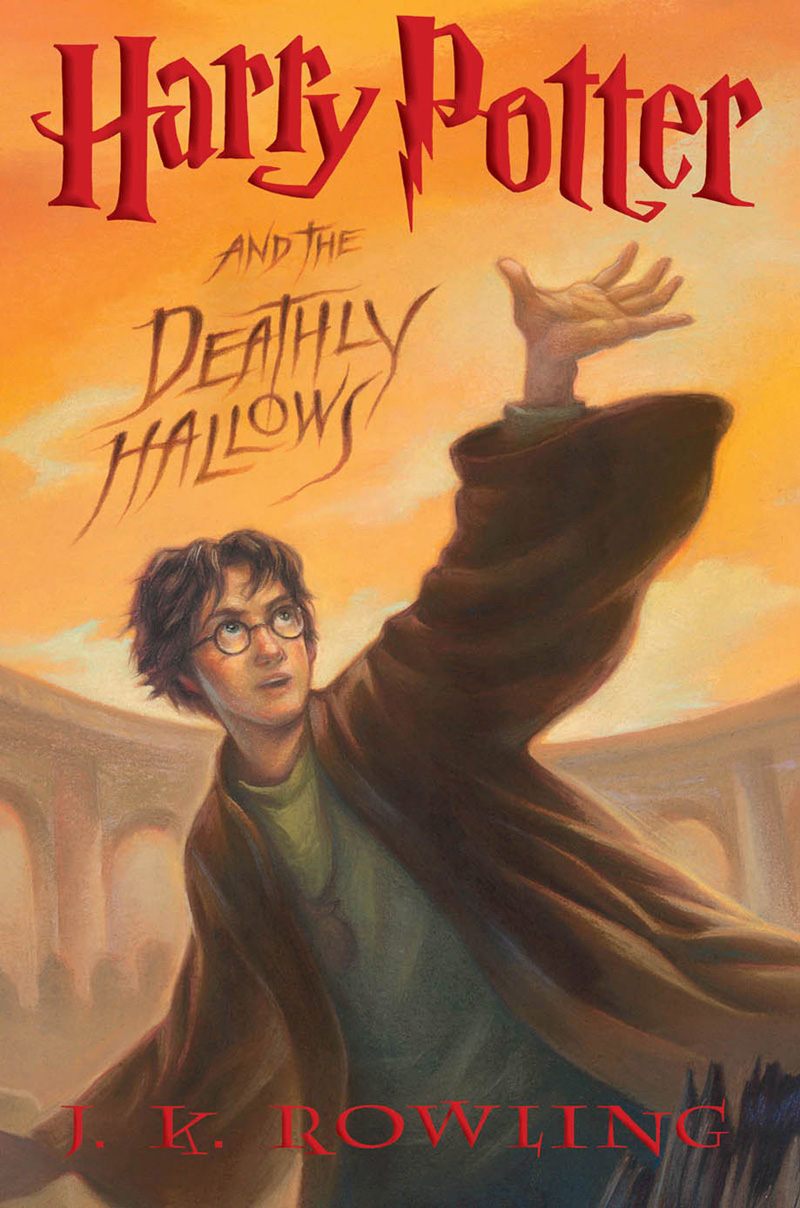I didn’t know much about Like Water for Chocolate before I started reading, so I was pleasantly surprised to find it belongs to the genre of magical realism. I’d always been under the impression that it was a much more serious book. It reads as a fable, which is why I think some characters don’t get very much development. I find this especially true in the case of Pedro. The most we ever find out about him is that he loves Tita, lusts after Tita, and that he often becomes aroused by her food and by the act of her cooking. When he declares he will “smash [John Brown’s] face in,” he just seems like a stereotypical hot-blooded Latin man (231). This comes in the last chapter, after 22 years have passed, and it just makes me want to tell Pedro to grow up. I know being hot-blooded is part of his character, and he represents a traditional archetype, but we get no background for him though we get the backgrounds of most of the other characters. To me he seems petulant and whiny, like on page 211 when he reproaches Tita: “You don’t want to talk to John because you’re starting to have doubts about whether to stay with me or marry him, right? You aren’t tied to me anymore, a poor sick man.” He’s not very understanding; I don’t think he’s quite good enough for Tita. I don’t really understand why she loves him so much, other than that he has some stereotypical masculine qualities like jealousy and lustfulness, and that he makes her feel “how dough feels when it is plunged into boiling oil” (16).
I suppose part of what brings Tita and Pedro together is the fact that he understands how important cooking is to her. In contrast, Esquivel sets her antagonists apart from Tita by the negative ways they interact with food and cooking. Mama Elena can “crack sack after sack of nuts in a short time; she seem[s] to take great pleasure in doing it. Applying pressure, smashing to bits, skinning, those [a]re among her favorite activities” (230). This is a perfect metaphor for Mama Elena’s personality. After she is crippled, Tita’s carefully prepared food tastes bitter to Mama Elena because she herself is bitter, she doesn’t appreciate Tita’s efforts to comfort her, and because she has turned off her ability to love. She sees Tita’s making food for her as an act of pity, and pity is a bitter pill for her to swallow. Rosaura’s fear of the kitchen and fear of adventurous foods is representative of her fear of life. She is boring. She cares so much about what other people think of her that she has no real personality, only bitterness. This is why she has no milk and her son later dies from eating “something that [does]n’t agree with him” (99); she can’t provide nourishment to others because she only cares about herself and her image. This is what I think leads to her unfortunate and amusing demise. Rosaura is full of herself and her image-conscious ways, which is mainly hot air, and it expresses itself as flatulence. Rosaura is also quite rotten, and rotting things give off gas. As for her actual death, I think Nacha may have something to do with it, but we will never know. I think Rosaura may be the only character in Literature who farts herself to death.
I think this idea of food as a sort of sponge that soaks up personality and emotion is an interesting one. I know from personal experience that the food won’t taste good if you aren’t very into it when you’re cooking. I always used to approach cooking as something that I “couldn’t do” and therefore nothing I ever made tasted good. It didn’t even look good. It always had a shabby quality; the texture would be all wrong, and it would leave a weird aftertaste in my mouth even if I followed the recipe exactly. I eventually realized that cooking is not difficult, that it is fun, and I don’t have that problem any more.













No comments:
Post a Comment